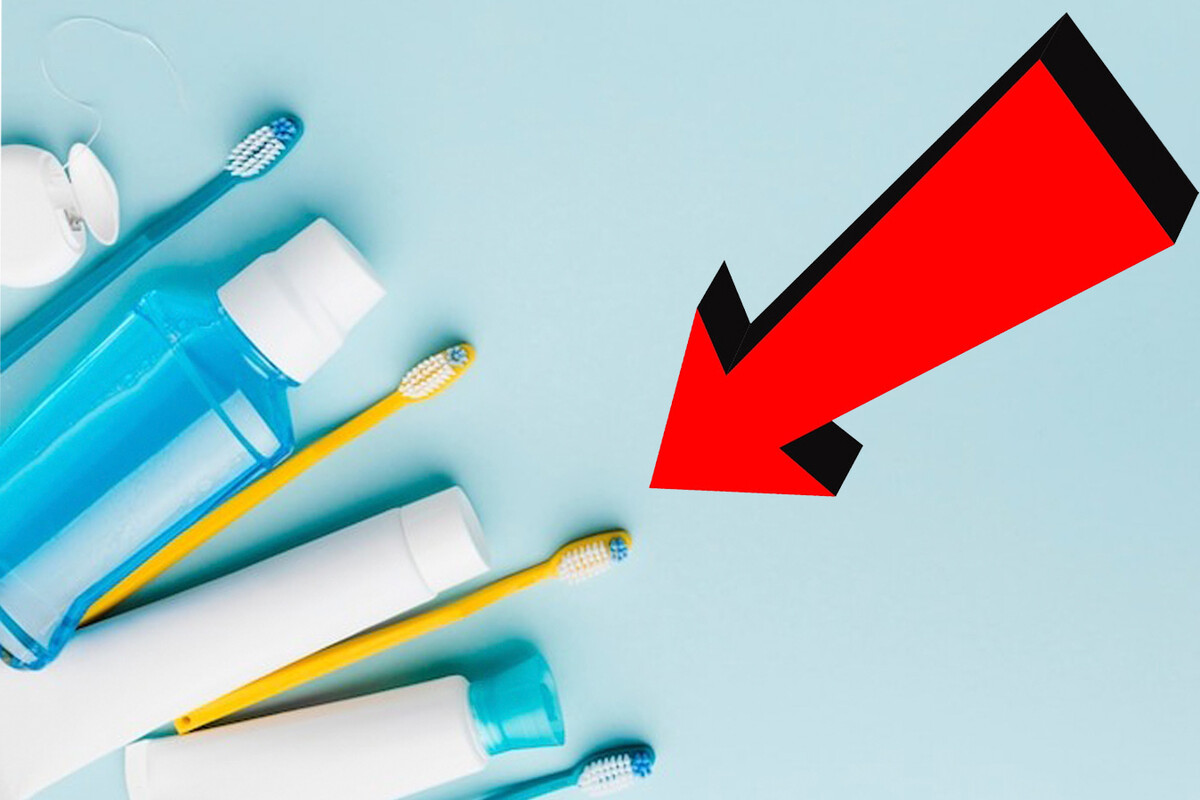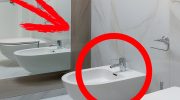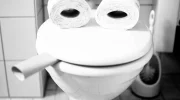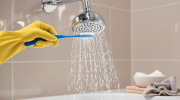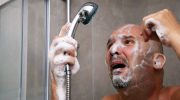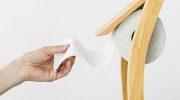They are removing your wisdom teeth, those hateful pieces that were only invented to make you suffer. The orthodontist doesn’t put you to sleep; you only feel movements in your mouth that you imagine are slight. Suddenly, you hear a crack! and you see a white tooth, full of blood, in the middle of the forceps. The tooth is the least of it; it is the sound that remains etched in your mind for the next few days and accompanies the pain and inflammation in your cheeks.
However, it is not something exclusive to your teeth. Oral care is, strange as it may seem, very precise, and you must follow the rules if you do not want to constantly go to the dentist. One basic thing is, precisely, toothbrushing, which you should take as a ritual with specific steps to properly care for your teeth. Here’s what science says.
What is the correct order to brush your teeth?
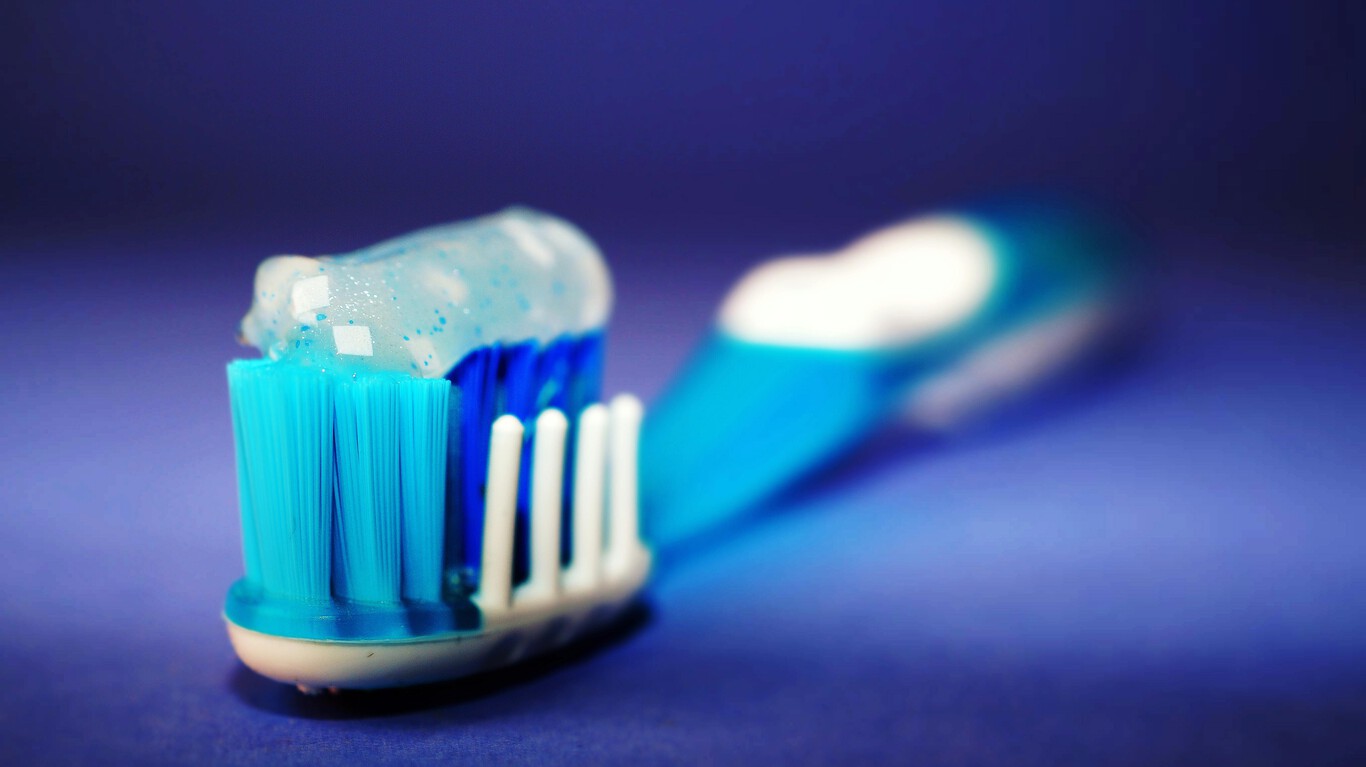
You may not remember the talks at school about how to brush your teeth, but here we explain the ideal way to brush. All this is based on research published in the Journal of Periodontology, in which Dr. Fatemeh Mazhari and her research team selected a group of dental students who abstained from using any oral hygiene technique for 48 hours.
Then the interesting part began: they were asked to brush with fluoride toothpaste and then to floss. The amount and concentration of dental plaque was then measured. For the next step, the experiment was repeated, but in reverse order; that is, first flossing and then brushing.
Once both cases had been studied and the results compared, it was found that the greatest reduction in dental plaque occurred in the group that used dental floss first and then brushed. Furthermore, this sequence maintained the levels of fluoride in the mouth. On this last point, Dr. Sergio Uribe, professor at the Austral University of Chile, pointed out that the more fluoride there is in the mouth, the less tooth decay there will be. With this, the correct order would be:
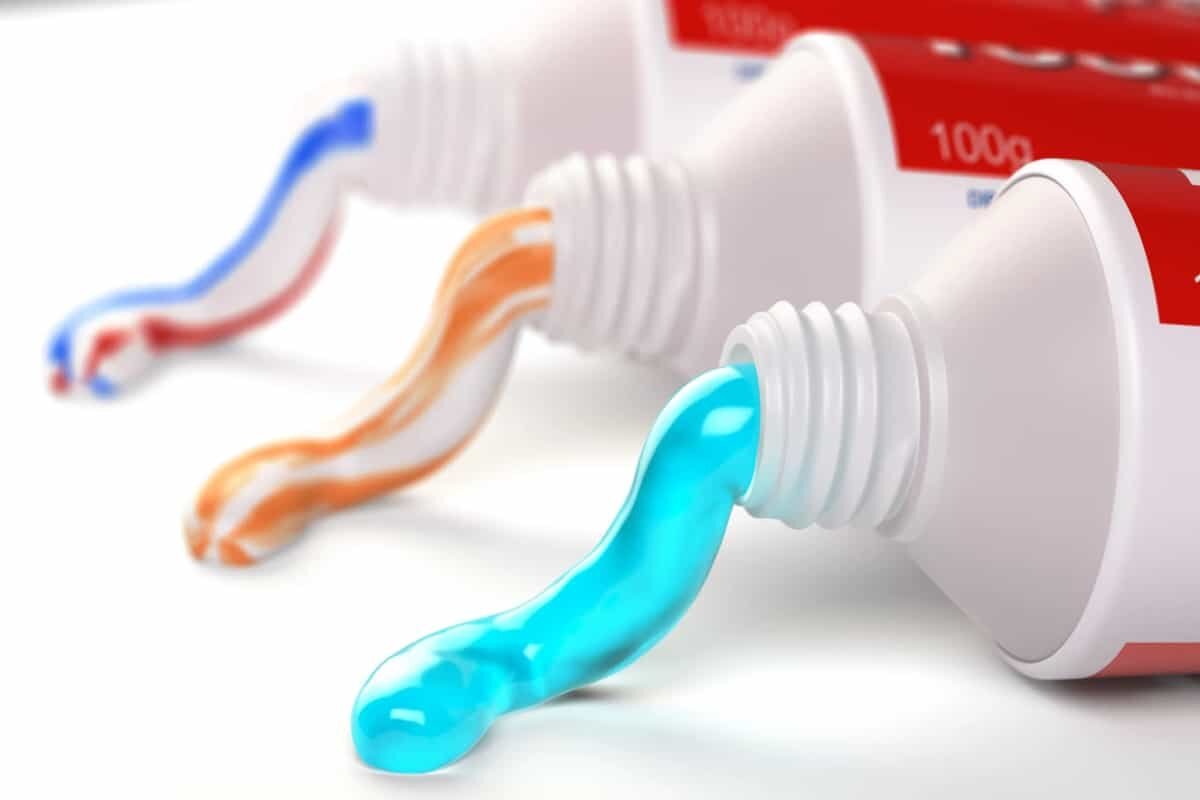
- Start with dental floss:
- Brush your teeth
- Rinse moderately
In case you were wondering, both the Secretary of Health and the National Autonomous University of Mexico (UNAM) recommend flossing always, since, according to them, it removes bacterial plaque and food debris between the teeth, in addition to reaching places where the brush cannot. Although, in this case, a specific order is not mentioned.

